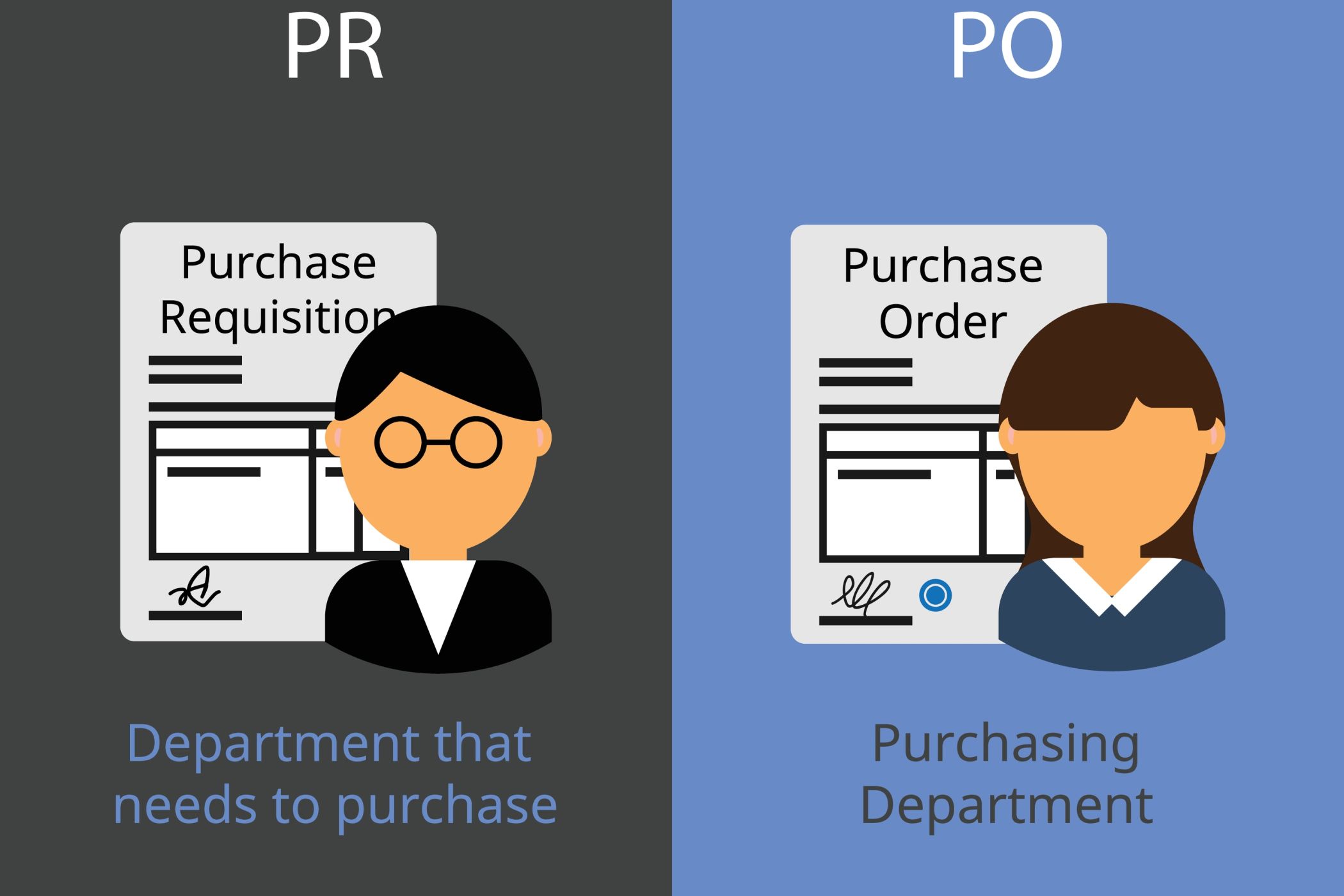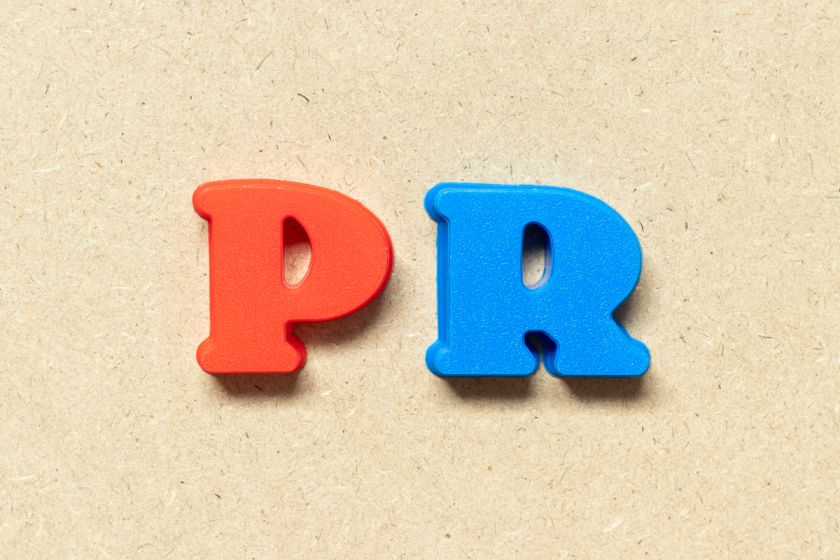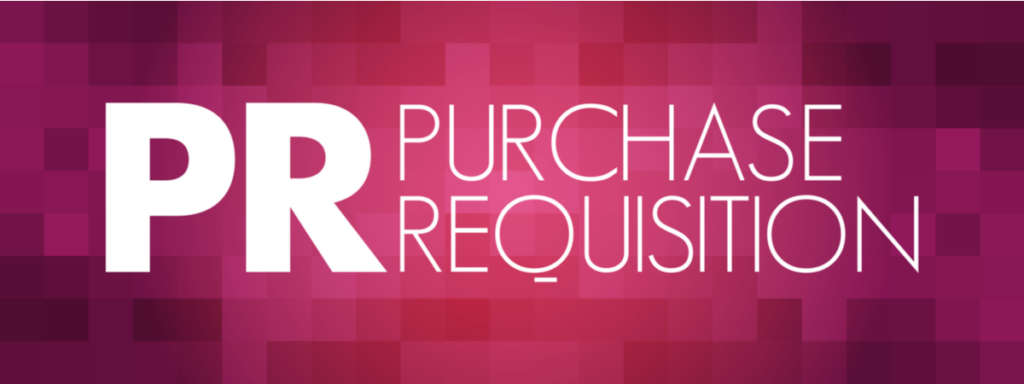Difference Between Purchase Requisition & Purchase Order; When & How to Use Both?



It is essential to learn about purchase requisitions and purchase orders no matter what industry you are in. Regardless of how big or small a business is, it needs to use these documents. But why are they so important? There is no difference in the scale or income of a company when it comes to materials. Ultimately, there will be a need for raw materials, etc., regardless of how much demand for material or goods varies from business to business. A purchase requisition or a purchase order is used for goods and services. To put it simply, it's a way to buy goods and services. Now it is not only limited to just buying goods, but also it helps in determining budgets, managing costs, making policies, etc. The further you read, you will learn what a purchase requisition and a purchase order are, their uses, and their differences.
Purchase Requisition

As discussed in the introduction, every business needs goods and services. Now, suppose a person allows their employee to purchase from the supplier or shop directly. In that case, it may lead to high expenses; or in the worst case, an employee may indulge in fraud practices that cannot be easy to overlook.
This can be explained with an example: suppose John is running a restaurant. To keep his restaurant running, he needs goods. The chef working under him decides what is required in the kitchen. Now the chef says 20 kg of rice is needed. Will the chef himself purchase this bulk order? If John does not have any policies, then the chef might buy such a bulk order by himself, which might affect the capital of the restaurant because he is unaware of it. In the worst case, the chef might do fraud practices that will harm and exhaust the cash flow and capital of the restaurant.
Here comes the role of the purchase requisition. It is an internal document through which the employee purchases goods or avail services required on behalf of the company. This document is submitted to the purchasing department, and after analyzing, they place the purchase order to the vendor. The purchase department keeps a record of the institution's budget. Hence they can purchase the goods or services.
Content of Purchase Requisition
- Details of the requester like name, department, etc.
- Detail of vendor
- Date of the request
- Reason for the purchase
- Item specification and quantity
- Expected Price
- Delivery Date
Note- The contents vary from business to business; one may not need to fill in all the details. In some companies, the requester might need to add extra information also as per the policies. In short, the requisite purchase document is an internal document and not a legal one. Also, for petty purchases, businesses may allow the requester or the employee to directly purchase the material or service via the company's cash or cards.
Purchase Order
Let's try to understand what a purchase order is. It is an external document sent by the purchasing team/department to the vendor or the supplier of the goods or services required by the business. After the agreement, it is considered a legal, financial contract between the supplier and the business or company.
For example, if John is running a restaurant and had the knowledge to set up a purchasing policy, things would go like this. First, the chef would send John the purchase requesting document where it will be mentioned that 20 kg of rice is required. Then John will analyze whether it is in his budget and also check other factors. In the end, he will send the purchase order to the supplier who has agreed with the price and quantity.
Content of Purchase Order
- Name of the business or company
- Date of issue
- Quantity, specifications, and price of the goods or services per unit
- Delivery date
- Delivery address and invoice address of your company
- Payment terms
- Purchase order number
Note: This also varies from business to business. Hence, it does not have specific written rules.
Importance of Purchase Requisition

- Commence Purchasing Process
An organization needs materials or services to function. Purchasing requests will commence the purchasing process. It will be sent to the purchasing team for approval. This document acts as evidence also in case of any misunderstanding or related problem.
- Centralize Purchase Process
All department purchases are controlled by the purchase team/department, hence, giving them centralized power. This makes the purchase more accessible and provides effective accountability.
- Fraud Protection
Many times the employees of the organization tend to use the organization’s assets for personal use or other fraud practices. This depletes organizations' assets. Hence, to eliminate such practices, purchase requests make it easier to trace the culprit. It stands as proof in case of any suspicions or crime.
- Easy Accountability
It is easy to analyze and track which department is consuming more capital and can be questioned if needed. This can be used in the reduction of cost if required. Again it also reduces the fraud practices as it is now easy to determine where the purchase is made, by whom and for what, etc.
- Avoid Unwanted Order
It mentions what is required and how much quantity is required, which prevents the company from making unwanted and excessive purchases.
Importance of Purchase Orders
- Proof of Purchase
Purchase order acts as a legal binding between the customer (organization) and the supplier. It contains all sorts of required information, leading to lesser communication problems and holds as proof.
- Easy Decision Making
It helps the organization decide how much space for inventory or human resources are needed.
- Effective Solutions
The purchasing team can understand how many items are required and hence, can decide whether to buy from the cheap supplier etc.
- Easy Calculation
Purchase order helps to compute the production cost by accessing the data of material and service costs.
- Understanding Market Trend
We all know the market constantly fluctuates; that's why businesses must adapt to change. The purchase order understands these changes. It gives you an insight into how the business performed in times of boom, and also, the market trends can help you make strategic decisions.
Difference Between Purchase Requisition & Purchase Order
There are many differences between them. Often they are used interchangeably, which leads to confusion.
First, understand purchase requisition is an internal document. It has no value outside the organization, but purchase order has value both inside and outside. Purchase requisition document is asked for approval of the order, and the purchase order document is for the confirmation of the order. A purchase order is submitted to the purchasing team, and a purchase order is submitted to the vendor. Also, the content of the documents differs, e.g., in purchase requisite, the expected price is given, but in the purchase order, the actual price is given. And the last difference is purchase requisition document fulfills the requirement of a particular department, but the purchase order fulfills the requirement of all departments in the organization. Documents like those mentioned above are vital for any business. MNCs typically handle these processes through their company's portal, which is convenient and efficient. If you are a fashion brand looking to source clothes, connect with Fashinza! We can help you with manufacturers and suppliers and simplify your production process.



















